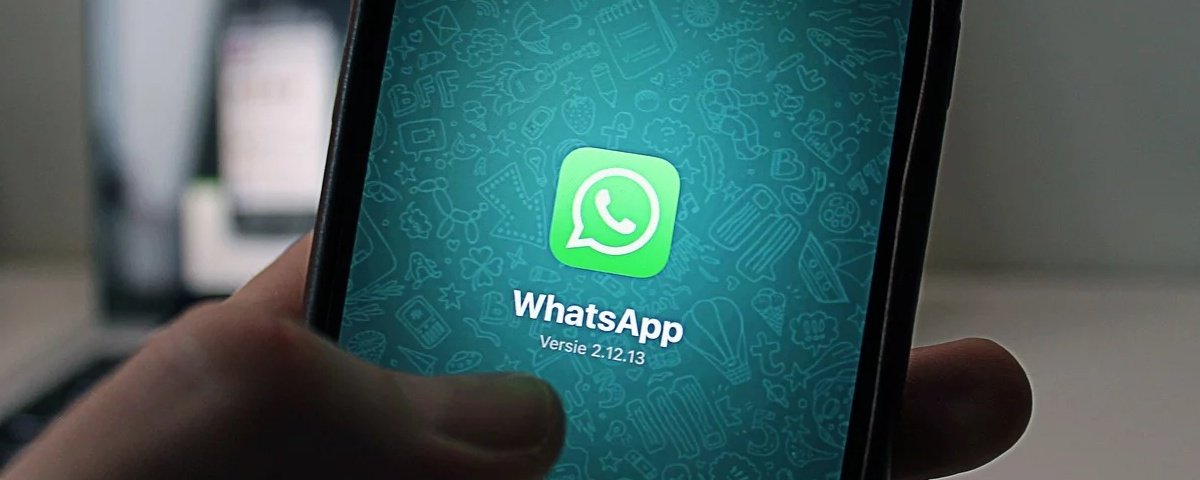

Smartphones and WhatsApp “were not as extensively available in Brazil during the previous presidential election” (Cesarino, 2019), and we aim to show that WhatsApp has technical specificities and was susceptible to an electoral strategy that justifies particular attention. We focus our analysis on WhatsApp, examining the use of encrypted groups containing up to 256 members reflecting specific interests (religious, professional, regional, etc.). Addressing the emergence of what she calls “digital populism”, Cesarino (2019) discusses the formation of a polarised digital bubble largely anchored on WhatsApp chat groups. Davis and Straubhaar (2019) point out that “legacy media, popular right-wing Facebook groups, and networks formed around the communication network WhatsApp fueled “antipetismo” 1, stressing that WhatsApp was particularly instrumental to cement Bolsonaro’s victory. Albeit not always in a coordinated way, several platforms were used: YouTube, with videos of alt-right political analyses, lectures about "politically incorrect" history and amateur journalism Facebook, with its pages and groups for distributing content and memes and Twitter/Instagram, especially as sites for posting political and media content (the last three platforms mentioned were also widely used by the candidate himself to post messages and live videos on his official profile). One of the hypotheses for Bolsonaro's electoral success is that his campaign and some supporters developed a specific communication strategy based on the intense use of social media, in which the use of WhatsApp chat groups, micro-targeting and disinformation to reach different groups of voters had significant relevance. Bolsonaro’s election surprised local and international politicians and intellectuals, in part because his campaign lacked a traditional political structure, but mainly because of his radical rhetoric, which frequently included misogynistic and racist statements that would be sufficient to shake the public image of any candidate anywhere in the world (Lafuente, 2018), but which were even more shocking in a country marked by social inequalities and racial diversity.
#Numero virtual brasileiro gratis para whatsapp 2018 tv#
However, in the 2018 elections, the country elected as president a niche congressman, Jair Bolsonaro, a member of a small party (PSL) with almost no registered supporters, who had been relatively unknown until some four years earlier, when he started to make appearances on popular and comic TV shows, on which he combined extremist rhetoric with praise for the military dictatorship. Both were moderate with a large membership base, had many representatives in Congress and received constant coverage in the legacy media as representatives of a more westernized democratic process. IntroductionĪfter 21 years of military dictatorship, followed by a short period of political instability, the political scene in Brazil was dominated by two major parties that, between them, held the presidency until 2018. This paper is part of Data-driven elections, a special issue of Internet Policy Review guest-edited by Colin J. The radicalisation of Brazilian politics could be partially explained as an effect of the use of political micro-targeting in a highly concentrated news media ecosystem, and zero-rating policies that fuels WhatsApp popularity, a platform with affordances that favours the spread of misinformation. We gather evidence of centralised management of WhatsApp chat groups by political actors that emerge from the work of computer scientists research, newspaper articles and our own ethnographic work. We discuss how Bolsonaro’s campaign tapped into sentiments and perceptions spread by the legacy media, adding a stronger conservatism. We describe the Brazilian electoral scenario of 2018, focusing on the use of the messaging app WhatsApp. One of the hypotheses for this electoral success is that his campaign built a specific communication strategy that used internet platforms to communicate directly with different groups of voters.

In the 2018 presidential election, Brazil elected a fringe congressman, Jair Bolsonaro, despite his radical rhetoric that would suffice to shake the public image of any candidate in the world and the lack of traditional resources of his campaign.


 0 kommentar(er)
0 kommentar(er)
